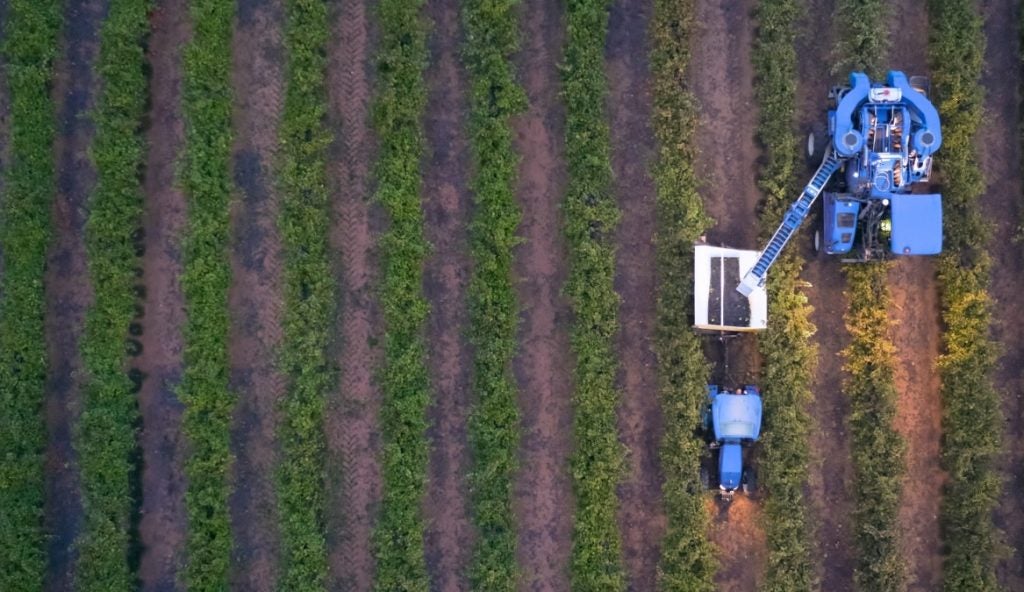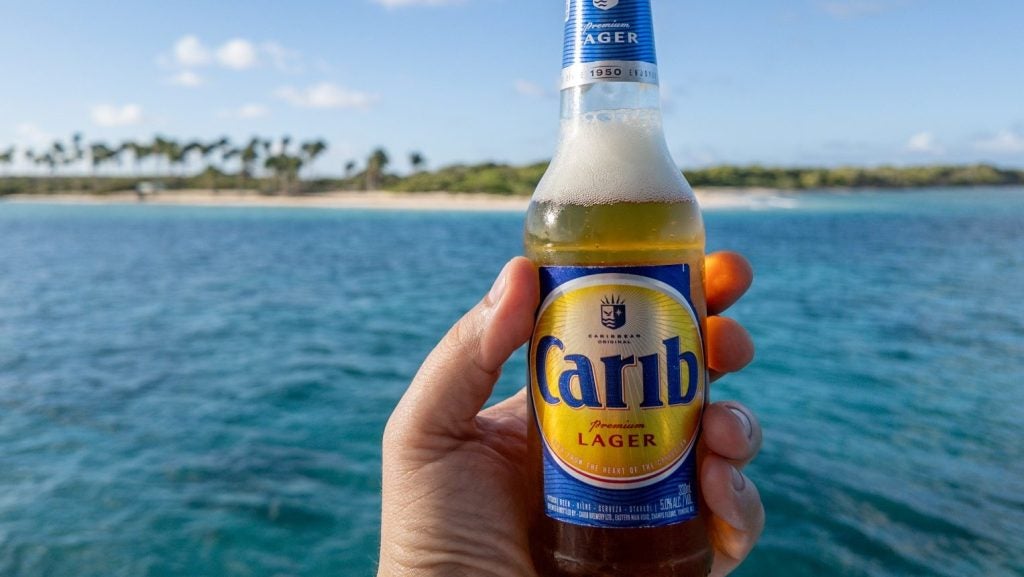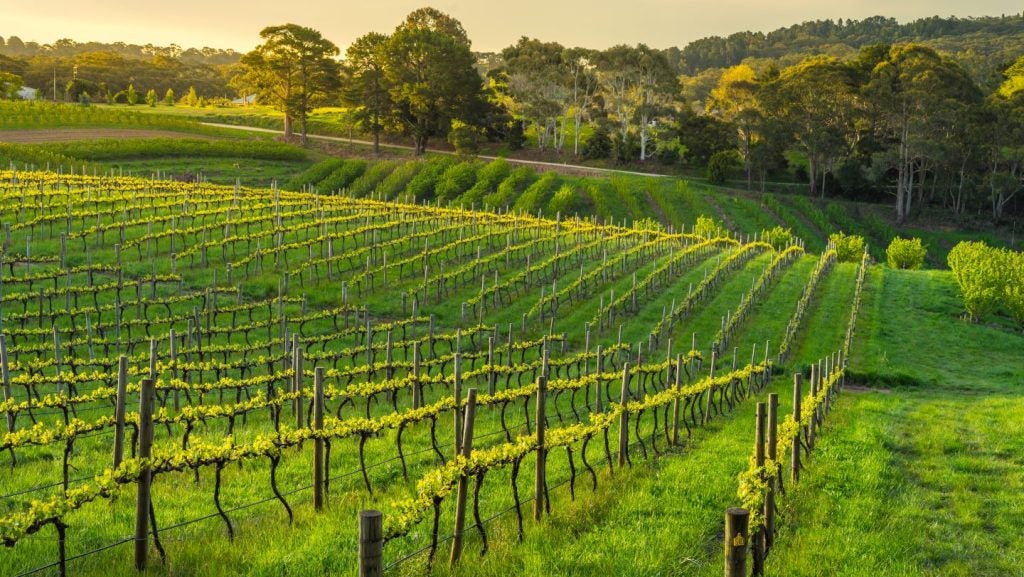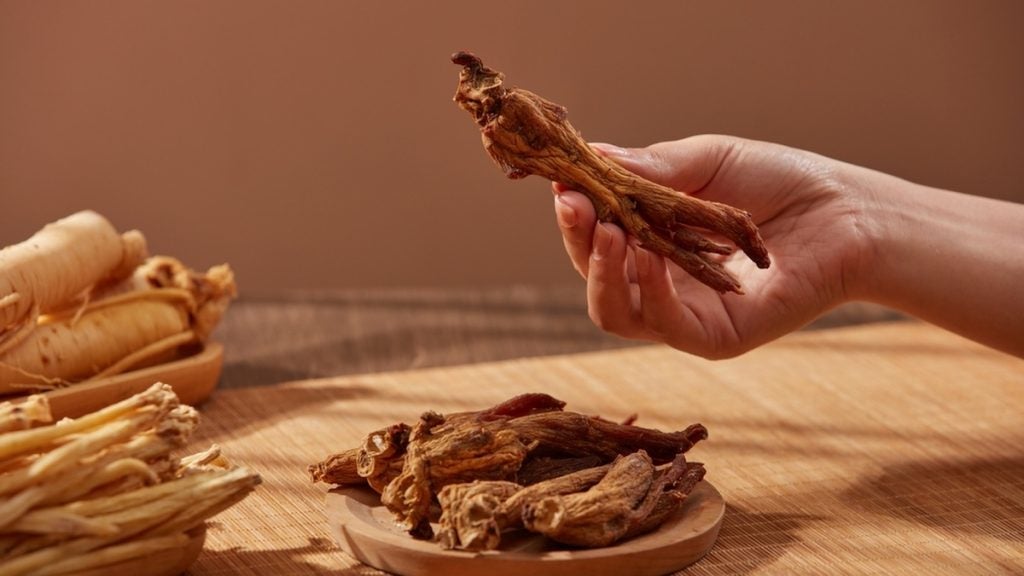 The Lithuanian government recently announced that it was to privatise its wine and spirits monopoly within the first six months of this year. Though not the obvious target for major international investment, as Chris Brook-Carter finds out, there is much in the deal to entice a number of international suitors.
The Lithuanian government recently announced that it was to privatise its wine and spirits monopoly within the first six months of this year. Though not the obvious target for major international investment, as Chris Brook-Carter finds out, there is much in the deal to entice a number of international suitors.
Sometime before July 1st, Lithuania’s government plans to sell off its controlling stake in the country’s four main alcohol producers, effectively amounting to a privatisation of the market’s whole industry. In an environment which has produced deals such as the Miller Brewing acquisition and the sell-off of Seagram Wine & Spirits, the sale of little known companies, such as AB Alita and AB Stumbras, seems relatively insignificant. However, there is, according to Kim Slater of Faraday Business Consulting, which is advising on the sale, already significant interest.
“There are three types of people likely to buy,” he says. “Either local investors, interested in capturing the jewel in the Lithuanian crown, major international companies – although probably not the very big boys – who want to build on a strong presence in the Baltics. And thirdly, those after a super premium brand, consumed by vodka drinkers, in a vodka area.”
It is not clear from the threads so far who is ahead in the bidding, Slater says, but there has been contact from all three types of suitor and “no-one has ruled themselves out,” he says. “There are some sensible names as well as local interest.”
The targets
At stake is 83.77% of AB Alita; 72.93% of AB Anykš è i u vynas; 92.00% of AB Stumbras; and 82.27% of AB Vilniaus degtin e. These are the only broad-range alcohol producers in Lithuania.
How well do you really know your competitors?
Access the most comprehensive Company Profiles on the market, powered by GlobalData. Save hours of research. Gain competitive edge.

Thank you!
Your download email will arrive shortly
Not ready to buy yet? Download a free sample
We are confident about the unique quality of our Company Profiles. However, we want you to make the most beneficial decision for your business, so we offer a free sample that you can download by submitting the below form
By GlobalDataThe remaining shares are held by minority shareholders with no particular concentration. And the government is planning on selling its entire stake, unlike a similar process in Poland where the State has kept a stake. “The buyer, having bought more than 40% of the shares in a public company, is obliged to deliver a mandatory tender offer to buy out the remaining shareholders. There is no stipulation that the minorities must sell, though we strongly believe they will,” explains Slater.
Employing around 500 people, the most well known of the four producers is Alita. Alita was established in 1963 when a state winery was set up in the city of Aly-tus. Initially a sparkling wine manufacturer, the company has diversified into other segments, including brandy, whiskies, vodkas, flavoured alcoholic beverages and cider. Currently, the company produces 60 alcoholic beverage brands in addition to concentrated apple juice and apple aroma.
Anykš è i u Vynas is of a similar size and is the largest fruit and berry wine manufacturer in the country. It also produces vodka, brandy, whisky, flavoured alcoholic beverages and cider. The company produces over 60 brands of alcoholic beverages.
 |
click on image to enlarge |
Stumbras was founded in 1906 and is Lithuania’s leading manufacturer of strong alcohol. The company produces over 50 brands of alcoholic beverages. The company’s production facilities are probably the most advanced in the country, and have recently been upgraded by investments exceeding LTL50m. The company currently employs about 700 people.
The smallest of the four producers is Vilniaus Degtin e. The company manufactures strong drinks including vodka, bitters, sweet brandies and liqueurs. Vilniaus Degtin e produces over 50 brands of alcoholic beverages and employs approximately 270 people.
Particularly for domestic investors, these companies will not appear unattractive in their own rights. Lithuania’s domestic economy is relatively strong and growing, and the brands on offer have a good market presence, typical of a state-run enterprise. The strength in the Lithuanian economy, in addition to increasing disposable income, is also causing a shift from consumption of illegal alcohol – a major problem in other Eastern European markets – to that from local producers. This should lead to increased growth for the companies.
Slater describes the market as a patch with good drinkers. And certainly Eastern Europe is one of the few growth areas in terms of per capita consumption of alcohol. Lithuania is no exception.
Local consumption of alcoholic beverages reached approximately 290m litres, or 27m litres of pure alcohol, in 2001. This equates to 7.5 litres of pure alcohol per capita (excluding consumption of illegal alcohol). Even more intriguing is that sales of spirits have grown following a favourable change in taxation in 1998. However, there has been a shift from vodka consumption to the consumption of alternative hard liquors and other alcoholic beverages (such as beer, wine, ciders and flavoured alcoholic beverages).
This has been primarily due to changes in local lifestyles and increasing consumer savvy. Within the hard liquor segment, consumption has been gradually shifting towards products such as whisky, gin, and brandy. The consumption of high-quality, branded products is increasing along with the growth of disposable income.
Beer consumption has also been growing, thanks to the availability of high-quality beer, due to investment in production, product development, marketing and distribution.
But for the internationals there are other, probably more enticing, merits. “This represents one of the last chances to get a sizeable stake in the area,” says Slater. “Lithuania gives access to Finland, Sweden, Northern Germany and will be a safe haven in the common market soon into Russia.”
Furthermore, to date, the companies have almost exclusively focused on the domestic market, so the potential to export is untapped.
The most similar process to date is probably the privatization of Poland’s vodka industry and the myriad of problems the internationals – particularly Pernod Ricard – have experienced there may give cause for other international investors to think twice about such an investment.
However, the general feeling is that Lithuania’s government will be an altogether more amenable business partner. Slater admits there are no guarantees, but says: “Lithuania has a stable, sensible government and is about to join the common market, which tends to mean the government can’t cheat.”
Of course there are always going to be local issues in a deal such as this but Coca-Cola Hellenic Bottling Company is already active in ownership in the country, as are the brewers S&N and Carlsberg through their Baltic Beverage Holdings joint venture. As Slater says: “Lithuania appears to be a sensible place to be in.”







